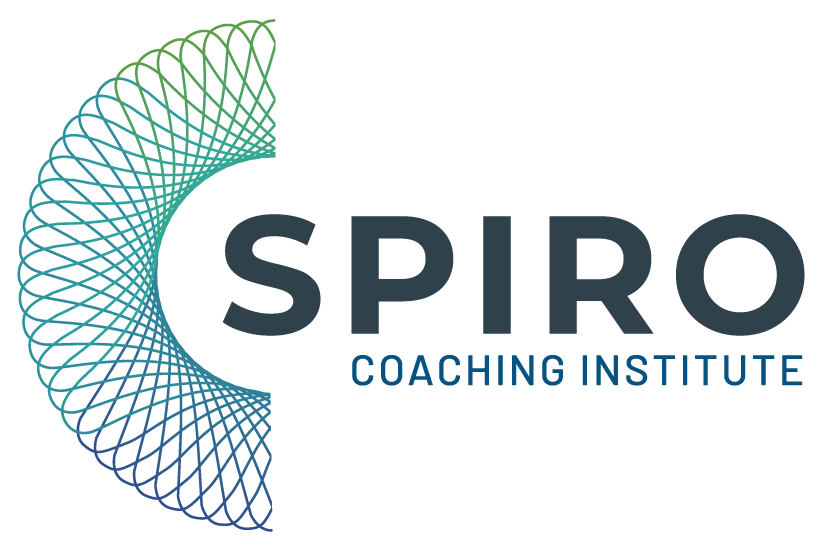SUCCESS
STORIES
MASTERING
THE ART OF
COACHING
Philip Pierorazio, MD
Chief of Urology
Penn Presbyterian Hospital at
The University of Pennsylvania
Reason for Attending
During a transition point in my career, I became interested in how to share my experiences and life lessons with junior faculty. I wanted a better understanding of coaching and to learn how to be a coach.
Why Core Skills for Coaching: Academic Medical Centers
This was the only program I could find that was designed for individuals working in academic medical institutions. I wanted to work with people who understood my specific challenges and work context. The content spoke to me, and I thought it would not only benefit me but also the department. The fact that the program fits into my hectic schedule was an added bonus.
Impact
This exceptional training gave me a strong coaching foundation. I learned a framework to better understand the principles of developing others through coaching. I’ve been able to quickly and easily implement new skills and techniques such as asking the right questions, how to be an active listener, and how to create space for coaching. I like that the approach has a mindfulness base. That spoke to me. Because of all these new skills, my interactions and conversations with the people I coach as well as my peers, patients, and even my family have improved and are more meaningful.
Not only has Core Skills for Coaching helped me learn to be a better coach, but also how to recognize coachable moments. Coaching is more effective when it occurs in the moment.
Also, if I run into a coaching situation that I’d like to talk through with someone before I have the coaching conversation, Spiro Coaching Institute fosters a community of support that I really appreciate.
This program has been invaluable to my progression in leadership, and I have become a better leader coach as a result.


